Emotions
Emotion is the most direct path to tourist behaviour.
A) NEURONAL ACTIVITY
An electroencephalogram (EEG) is a tool that detects electrical activity in the brain using small metal discs (electrodes) attached to the scalp.
At EmoturLab we have the latest technology adapted to both indoor and outdoor environments.
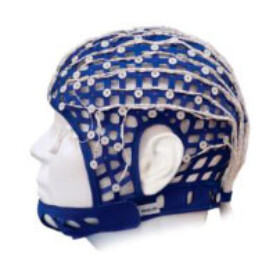

Laboratorio indoor
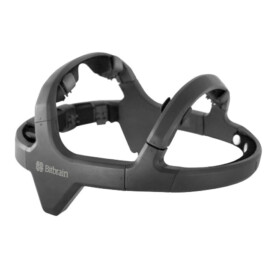

Laboratorio outdoor
EEG metrics
Brain cells communicate through electrical impulses and are active all the time, even while we sleep. This activity manifests itself and is recorded as wavy lines on an EEG recording on a PC. At the EMOTURLAB we have tools that allow us to acquire and process these cognitive/emotional biometric data (for example, activation, impact, valence, memorisation, engagement, attention).
B) PERIPHERAL NERVOUS SYSTEM ACTIVITY
EMOTURLAB also analyses and records the physiological responses that have a trajectory in the study of emotions, such as Heart Rate, Heart Rhythm, Respiratory Rate, Temperature and Electrothermal Response or skin conductance.
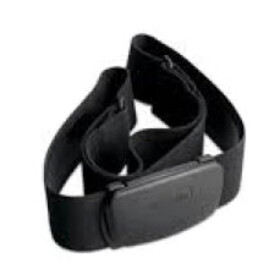

Laboratorio indoor
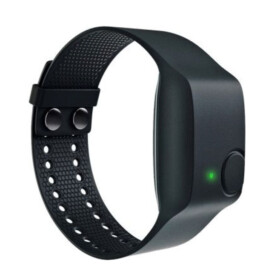
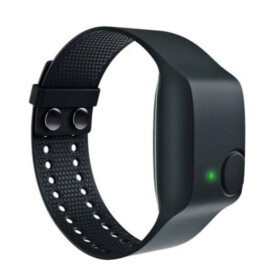
Laboratorio outdoor
HEART RATE (HR)
Heart rate is the number of times the heart beats in one minute. Heart rate varies as a result of physical activity, security threats, and emotional responses.
HEART RATE
The heart beats with a constant rhythm and a regular space between beats. The heart has an electrical system that tells it when to beat and pump blood around the body, and generally this electrical rhythm is constant and can vary due to emotional responses.
RESPIRATORY RATE (RR)
Respiratory rate is the number of breaths a person takes per minute. The rate is usually measured when a person is at rest and can increase or decrease in response to events and stimuli that cause emotions.
TEMPERATURE
Body temperature is a measure of the body’s ability to generate and remove heat. The body is very efficient at keeping its temperature within safe limits, even when the outside temperature changes a lot. The thermoregulatory centre is located in the hypothalamus. The healthy human body regulates core body temperature within +/- 0.2°C of the normal value.
SKIN ELECTRODERMAL ACTIVITY (EDA) (GSR) (SC)
Also called Galvanic Skin Response (GSR) or skin conductance (SC), is the measure of the continuous variations in the electrical characteristics of the skin caused by the variation when we sweat. Sweating is regulated by the Autonomic Nervous System (ANS), in particular, if the sympathetic branch (SNS) of the Autonomic Nervous System is highly excited, the activity of the sweat gland also increases, which in turn increases the skin conductance, and vice versa. In this way, skin conductance can be a measure of the responses of the human Sympathetic Nervous System. The recording of this measurement is directly involved in the regulation of emotional behaviour in humans.
The recording of this variable is done by means of sensors on the index fingers while the experiment is being carried out.
C) FACE CODING
This tool allows the measurement of emotions through facial expressions. The human face is a good indicator of emotions. Automated analysis of facial expressions provides clear insights into the effect of different stimuli on complex human emotions and behaviours.
Measurement techniques
We have the most robust automated system for recognising a number of specific features in facial images, including the six basic or universal expressions: happy, sad, angry, surprised, scared and disgusted. In addition to being able to recognise a “neutral” state and analyse “contempt”.
This system allows us to automatically classify:
- Open-closed mouth
- Open eyes
- Raised neutral lowered brows
- Head orientation
- Gaze direction
You can classify faces based on the following characteristics:
- Sex
- Age
- Ethnic origin
- Facial hair (beard and/or moustache)
- Glasses